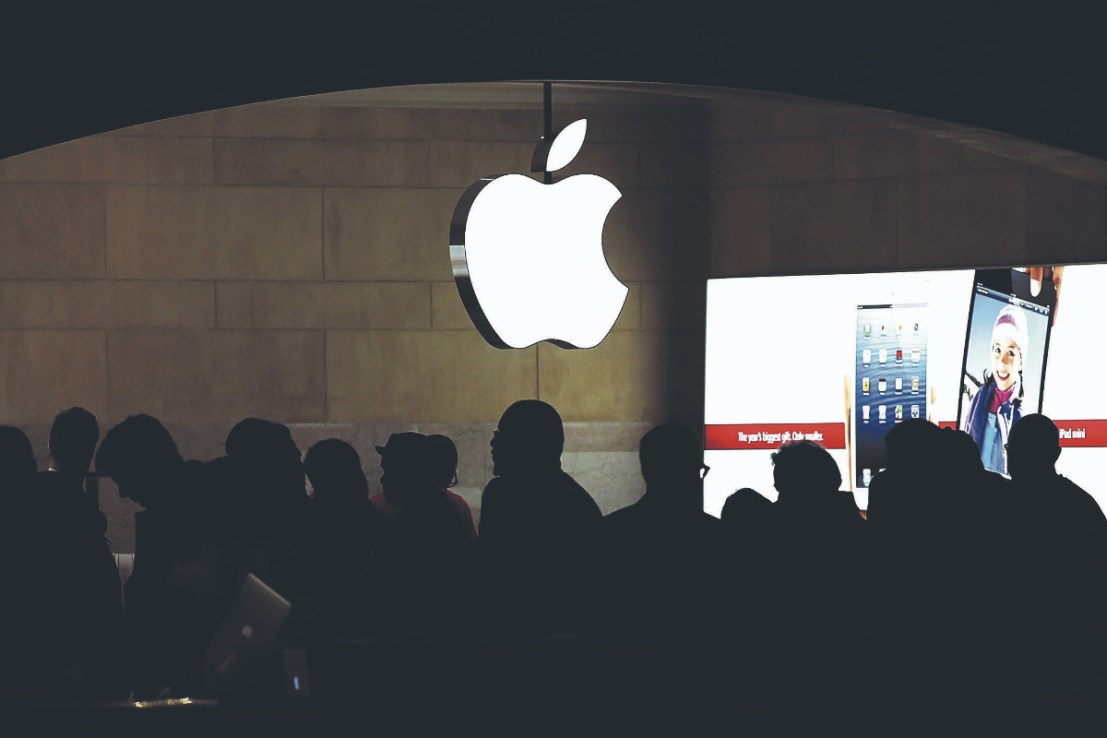Is Apple Falling Behind in the AI Race?

Apple’s position in the rapidly evolving artificial intelligence landscape is increasingly precarious.
While rivals such as Google, Microsoft and even Samsung have surged ahead by integrating large language models (LLMs) and generative AI into their products, Apple’s progress has been notably cautious and incremental.
Commentators and insiders alike question whether Apple is losing the race to harness one of the most critical technology revolutions of the decade.
“I’m massively bearish on it (Apple) long term”, Dan Niles, founder of Niles Investment Management, told the Master Investor podcast, hosted by Wilfred Frost. “They are so far behind on AI, it’s not even funny”.
Climbing a hill, while others sprint
At the centre of Apple’s AI struggle is Siri. Intended to become a conversational assistant powered by large language models (LLMs), its evolution has spluttered.
Former Apple employees describe attempts to integrate AI via “climbing the hill” – incremental changes atop legacy systems – rather than rebuilding from scratch.
As one former exec told the Financial Times: “It was obvious that you were not going to revamp Siri by doing what executives called ‘climbing the hill.’ It’s clear that they stumbled.”
Apple’s annual developer event in early June reflected this caution. Instead of unveiling bold AI advances, the focus shifted to software tweaks and interface updates.
Analysts such as Craig Moffett warned Apple would “be much more cautious about overpromising and will refrain from showing features that aren’t yet ready for prime time.”
Even Tim Cook admitted: “It’s just taking a bit longer than we thought… But we are making progress, and we’re extremely excited to get the more personal Siri features out there.”
But this measured tone fell flat against competitors like Google and Microsoft, who have embedded AI more aggressively into search, productivity apps, and hardware.
Performance under scrutiny
Apple’s AI travels at a stately pace in a fast-moving race.
As Niles pointed out, Apple dedicates less than three per cent of revenue to capex and only eight per cent to R&D – well behind peers such as Microsoft (around 12 per cent) and Meta (25 per cent).
Despite commanding a premium market valuation – a high‑20s PE compared with broader S&P 500 multiples in the low‑20s – Apple’s AI delays and competitive pressures offer little margin for error.
Apple also grapples with external challenges: a 20 per cent drop in its stock this year, regulatory scrutiny of its services division (with gross margins near 74 per cent), and rising tariff risks amid US–China trade tensions.
As Forrester analyst Thomas Husson noted: “The trade war and uncertainty linked to tariff policy is of much more concern today for Apple’s business than the perception that Apple is lagging behind on AI innovation.”
The Darwinian edge
Niles frames the dilemma through the lens of Darwin.
“The number one thing, especially if you’re a technology investor, but just an investor in general, is what Charles Darwin said… it’s not the strongest of the species that survive, nor the most intelligent, but the one most adaptable to change”, he said.
Apple’s success may now depend on whether it can abandon its perfectionist pace and embrace agility.
As AI reshapes tech at breakneck speed, Apple faces a stark choice – to cling to its legacy model of cautious refinement, or sprint to catch up with rivals rewriting the rules of computing.
Comments
Post a Comment